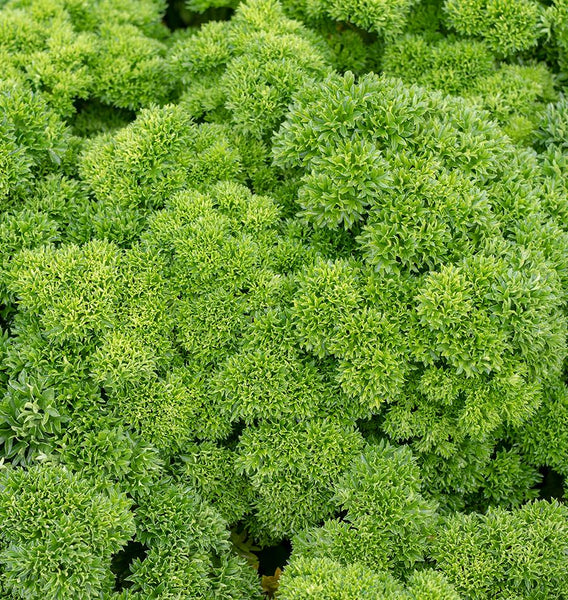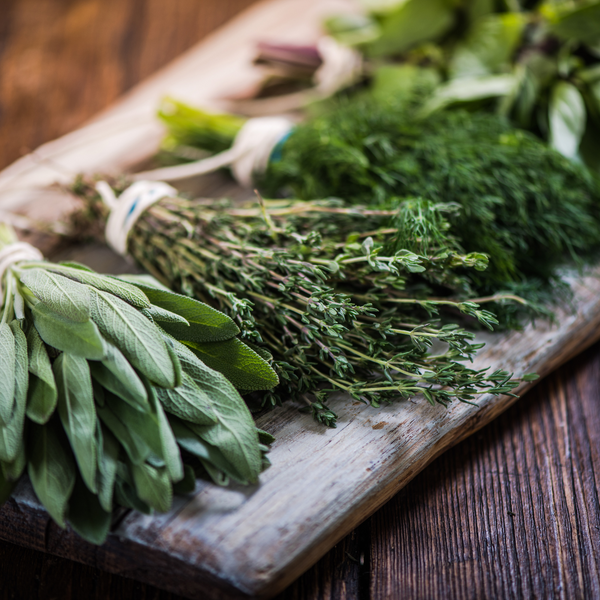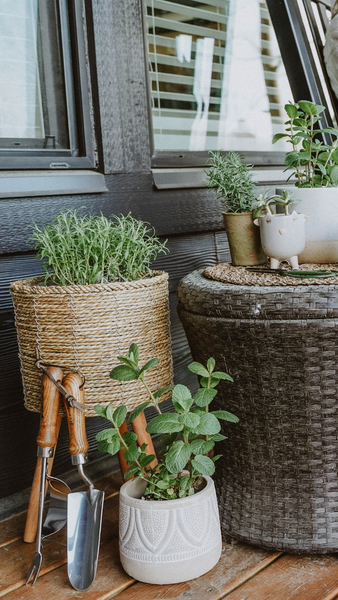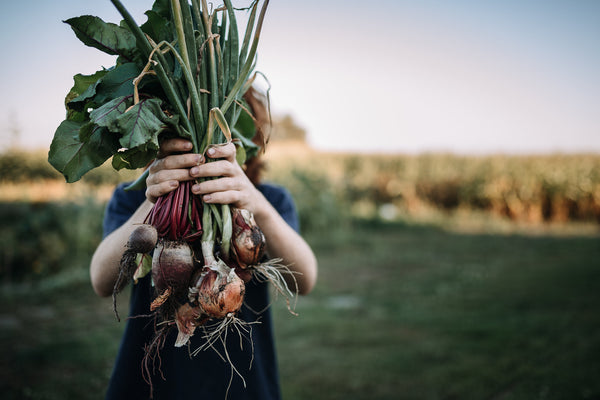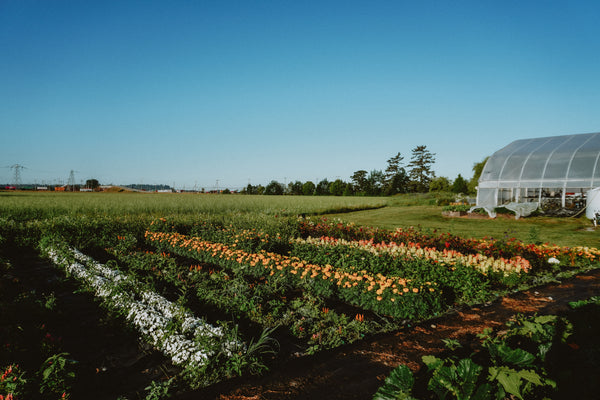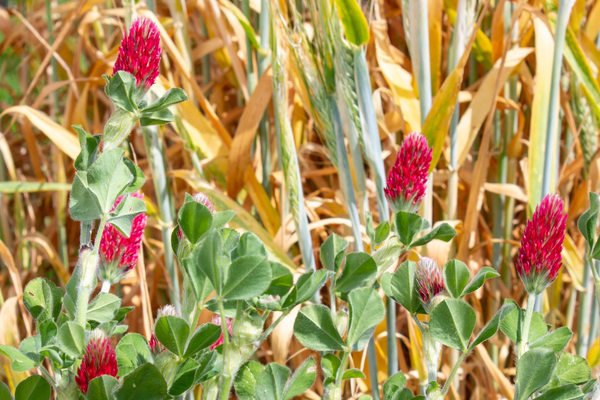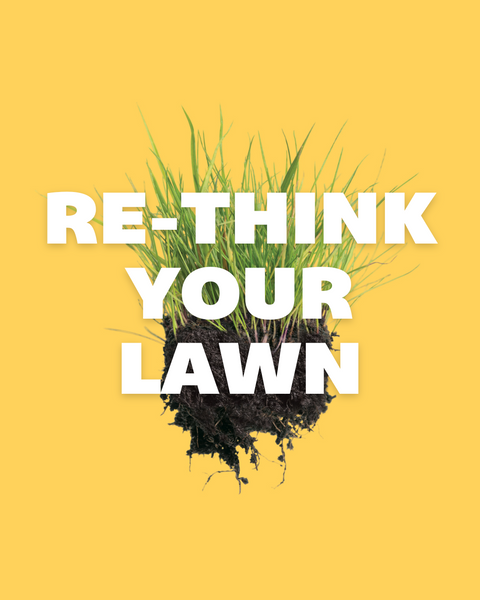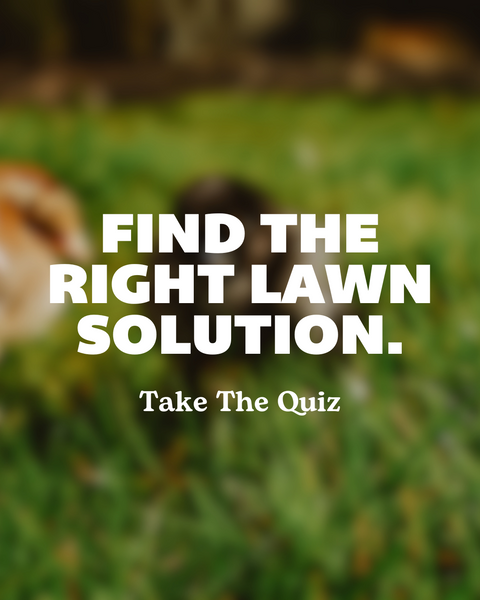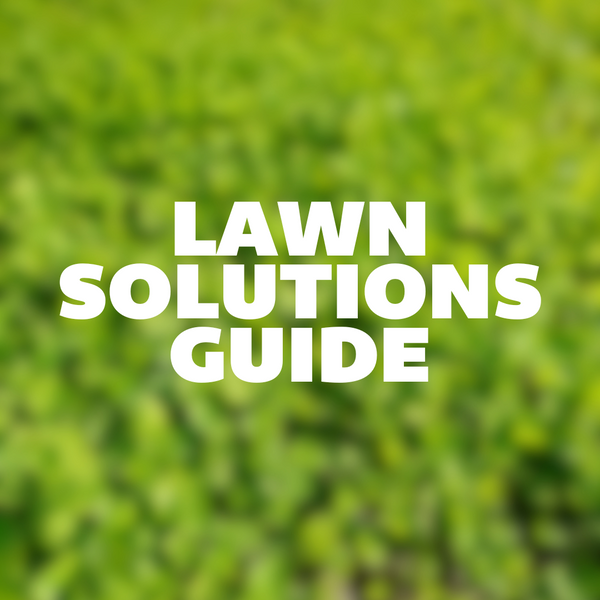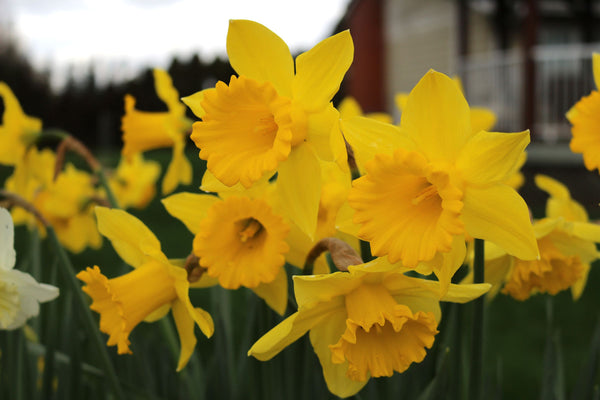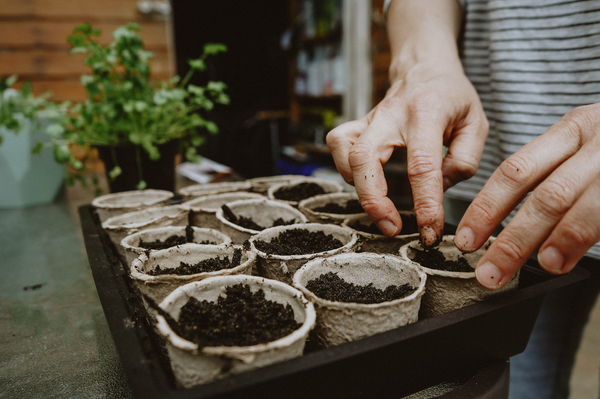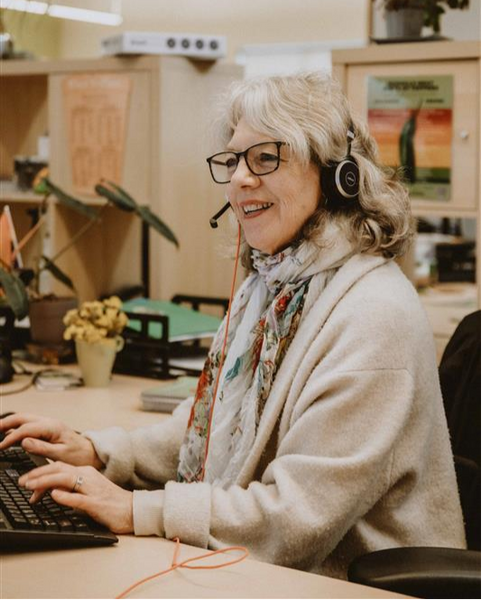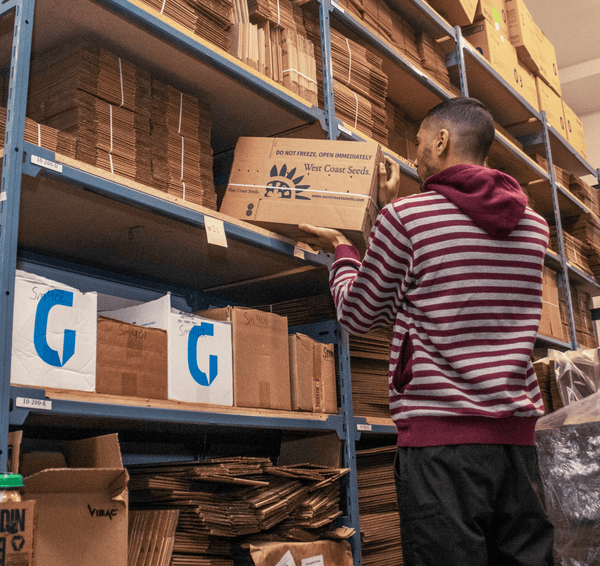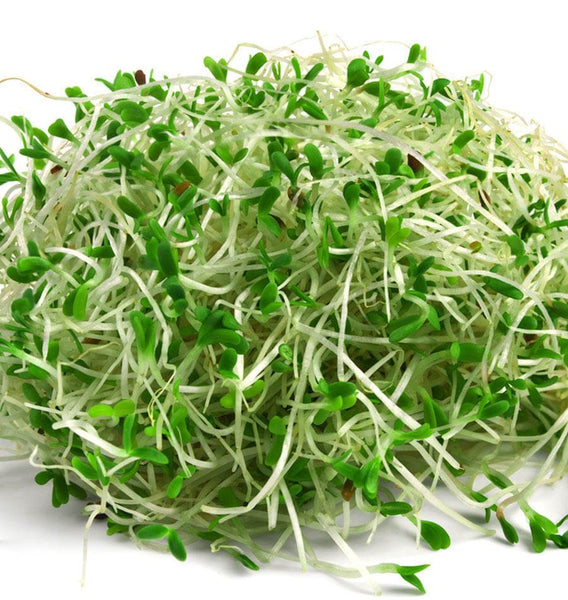I was born and raised in Hermosillo, Sonora, México, a city in the middle of a desert. As many people in my area, I grew up buying groceries with my mother and never really learned what it takes to grow food.
In 2009, I came to Canada in search of a new life with $200 and a goal of learning English. I fell in love with the place and decided to make Vancouver my new home.
I was so impressed by the beautiful nature of this country and felt inspired to document my journey with my camera. I have always loved taking photos but I hadn’t yet taken photography seriously. I also found myself with two new passions: skateboarding and mountain biking. After many years, experiences, challenges, and lessons learned, I have now become a sports photographer.

In 2020, I was one of the many people who began their gardening journey during the pandemic. This was a great way to feel more connected to mother earth.
In my first year, I was able to grow a variety of things, and ever since, I cannot see myself without this part of my life. I like to think growing food is a way to make my ancestors proud. As someone who grew up with very little knowledge of my ancestors, I have found gardening a way to reclaim my indigenous side. People always compliment how successful I have been growing food. Something tells me my ancestors grew food too; it makes my heart happy.
Understanding the beautiful act of growing your own food can be very grounding and healing. Until you do, it can be hard to appreciate how long it takes for a fruit or vegetable to grow; from when a seed is sprouting to the daily watering, the search for good quality soil, and understanding the role of the sun in the process. I have now successfully grown a variety of kale, lettuce, tomatoes, beans, pumpkins, cucumbers, peppers, broccoli, rhubarb, melons, flower—and my most favourite and rewarding crop—corn.
As someone born in Mexico, corn is a big part of our diet and culture. Now that I live in Canada and have started growing my own food, I really wanted to try growing it. It truly was a wonderful feeling to go from seeing the seed sprout to eating my own corn.

I am not going to lie, when I started I was super intimidated and overwhelmed with so many options, but I managed to get a hold of things once I learned some basics. So here are my 6 tips to get you started.
Location and sun exposure: Finding the right spot for your garden is key. Before planting anything, ask yourself: does the area get enough sun? While living in Vancouver, I was blessed with a backyard. Originally it was full of weeds and blackberry bushes, but my roommate and I cleaned it and it became a fantastic garden and hangout space. After 2 years of growing food there, I made the decision to relocate to Toronto due to a lifetime opportunity to become a photography intern with the Toronto Raptors. I was very sad to leave the garden, but I was privileged enough to find a sublet that included a south-facing balcony solarium where I now grow food.
Soil: Plants need quality soil to thrive. If you are able to invest, consider sourcing organic soil. If your budget is tight, give composting a try.
Seeds: Quality seeds will provide higher germination rates and strong, healthy plants. You can also save your seeds from plants. If you are not comfortable with growing seeds yet, get some seedlings from your nearest garden store or grocery store.
Mentors and community. When I started, I was terrified and didn’t know where to start, but my friend Sam became a good mentor. Later on, her and I organized meet ups to visit other friends’ gardens, which helped us learn and find inspiration. This is how the Companion Planting Club was born.
Don’t get discouraged: Growing plants is a process that includes successes and failures; remember that your failures will lead to some improvement once you understand the mistakes, so keep your chin up and try again. I like to compare the learnings of skateboarding with anything else in life. In skateboarding, learning how to fall is key. In order to succeed, you have to try hundreds or thousands of times; learning tricks is not easy, but practice, determination and learning from your mistakes helps you improve.
Utilize online resources. Nowadays, there are endless amounts of blogs and online accounts with tips on how to be a successful gardener; take advantage of this and start your journey.
I am not a professional gardener, but I have learned a lot in the last few years, and I hope my story gives you some inspiration to get started.
Norma Ibarra is a Mexican multidisciplinary artist, content creator, community organizer, marketer and adventure seeker maneuvering boundlessly through photography, videography, and adventure sports.
Through her work, Norma shares the stories of change-makers around the globe. Her photos tell stories of diverse, proud community builders, simultaneously challenging and independently broadening the definition of “traditional media” documenting a profound youth-driven lens around inclusion, representation, equity, resilience and belonging.
Ibarra’s work is published in magazines, online editorials, commercial campaigns, photo exhibitions and recently her book - Para ti (For you). Her photo narratives bring athletes of diverse backgrounds together to connect with the world around them.
